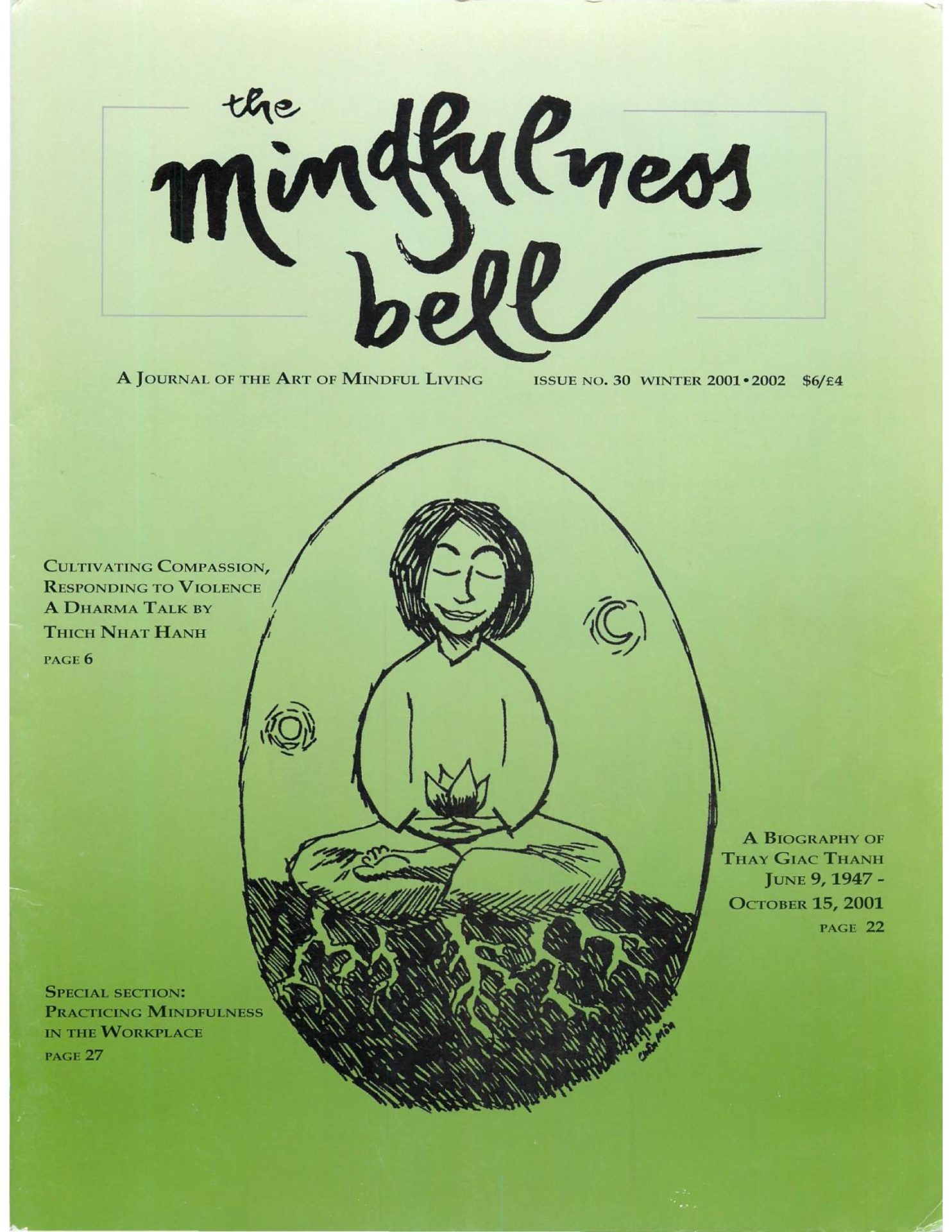By Steve Black
I work in a small community college and several years ago I decided to smile and say hello to everyone I met in the hallways at the beginning of the term. I wanted to welcome our new students and to see how long it would take for them to relax and return my smile. Typically, after a month most students began to make eye contact with me, and smile.
Recently, I discovered that smiling has greater power than I realized.
By Steve Black
I work in a small community college and several years ago I decided to smile and say hello to everyone I met in the hallways at the beginning of the term. I wanted to welcome our new students and to see how long it would take for them to relax and return my smile. Typically, after a month most students began to make eye contact with me, and smile.
Recently, I discovered that smiling has greater power than I realized. Last winter a student walked into a tutoring lab on campus with a package that he said contained a bomb. Fortunately, an off-duty police officer was taking classes in the same building. He quickly subdued the student, removing a pistol (empty) from him. Someone pulled a fire alarm. Eventually the entire campus was evacuated and a bomb unit was brought in.
I was in my office across campus at the time, but when I heard the news I rushed to the scene. I had heard about this student before and some of my friends, both students and faculty members, had felt threatened by him. When I saw the student in the back of the police car, looking unrepentant, my first reaction was intense anger. How could this person cause so much trouble for people I cared about, put their lives in jeopardy, make them live in fear? A wave of anger overcame me. I wanted to grab him out of the police car and punish him right then and there. I wanted to teach him a lesson.
Classes resumed that night. By then my anger had subsided, but not my sense of frustration at the situation. I decided to walk into the building where the bomb scare had occurred to make sure that everything was all right. I came to see that the real reason I needed to go inside was to overcome my fear.

I had prided myself on being clear-headed during the incident, but as I stepped into the building that evening, a feeling of irrational terror came over me. I had to tell myself to return to my breathing and observe what was arising. I knew, intellectually, that the building had been inspected, that the bomb turned out to be a fake, that the gun was empty, that the student was in jail. But there was no way I could talk myself out of my fears. I could only watch them arise and trust them to vanish.
When students began arriving for class, I was stunned by the expressions on their faces. They looked as scared as I was, maybe even more frightened. I noticed as I walked in the hallway that night that the sense of trust I had felt after the first month of classes was gone. No one said hello, no one would even look at me. They were filled with fear and anger,just as I had been. This anger surfaced at a meeting held a few days later, when police officers answered questions from students. The students were ripe for vengeance. They were not concerned that this student was not known to have committed any crimes on campus or in the community prior to the bomb scare - they thought he should have been under police surveillance.
Witnessing this anger and suspicion, I found myself unwittingly drawn out of my own fears and became concerned about the well-being of the students. I saw immediately that, while I could not give them any kind of professional psychological assistance, I could practice smiling. It was clear that what I and my students needed now was smiles. Smiling for the benefit of others was no longer an abstract idea for me. Instead I came to see it as a powerful tool - the only one I had available - to reassure the people I met that there was no need to dwell on their irrational suspicions of strangers on campus.
The smile worked for some of the students I met. In the days that followed, as I continued to smile, I noticed that some of them began to acknowledge my presence, to return my smile. The change in their posture was instantaneous. Over time things on campus began to change, fears and. anger gradually subsided. I hope that by smiling I was able to help in some small way with this change.
I am grateful that Thay has shown us that we have this tool, the smile, available twenty-four hours a day. Before, I understood smiling as simply a way to change my own attitude and to practice mindfulness by bringing the light of awareness to the expression on my face. It was only in the wake of this situation that I realized that smiling can deeply benefit others as well. I practice smiling on campus all year now, not just at the beginning of the semester. Smiling works to relieve the pressures generated by both extreme situations and everyday hassles. I have come to see that smiling is a means to spread the seeds of peace and happiness, not only in myself, but in others as well.
Steve Black, Compassionate Continuation of the Heart, practices with his Sangha in West Tennessee, where he teaches English.

